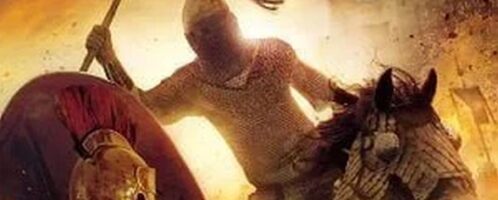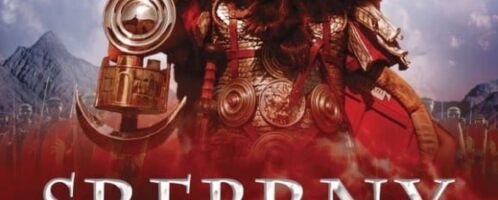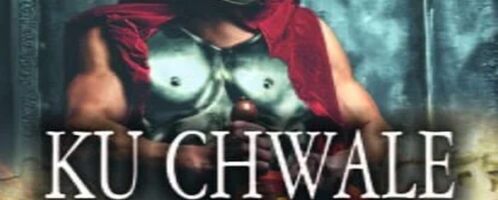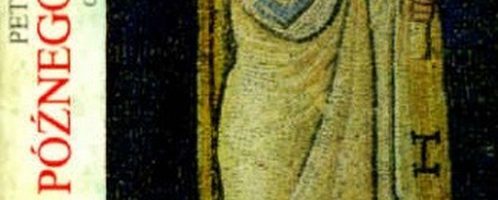Review: Beasts Beyond The Wall
Robert Low
The book "Beasts Beyond The Wall" by Robert Lee is the first book in the "Brothers Of The Sands" series. The plot tells the story of two former gladiators who are sent far to the north of Britain to find a woman and a child on a mysterious mission. The action takes place during the reign of Septimius Severus. The book was published by the REBIS publishing house.











